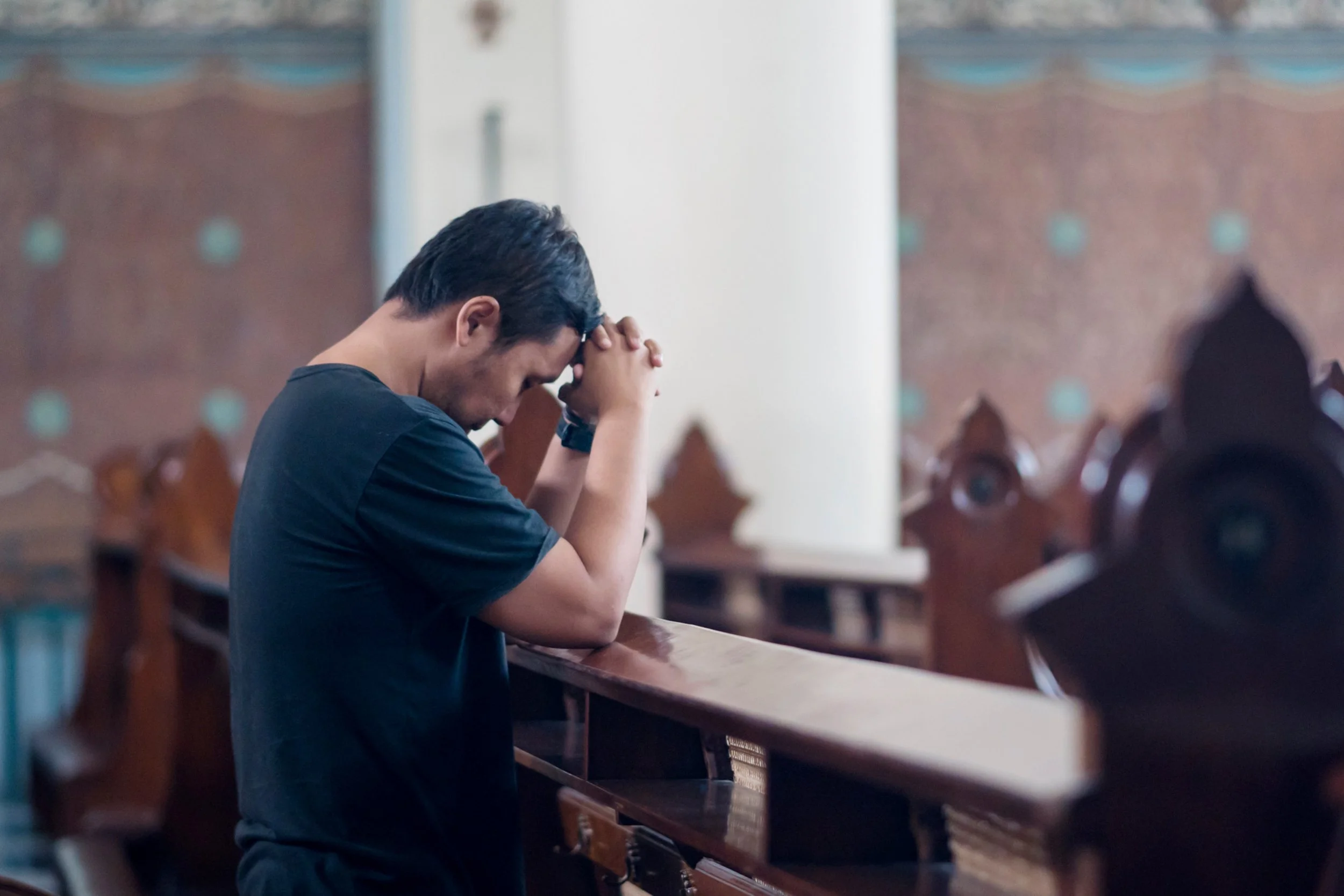The Lowest Point of My Life
As I was lying curled up on the living room floor, my four-year-old son saw my distress and patted me on the back trying to comfort me. I appreciated that but it didn’t change the fact that I was in the middle of a year-long meltdown at work.
I had always been the “star” student and employee, earning many academic awards and scholarships and consistently receiving plum jobs, regular promotions, and the highest performance reviews. Now, unexpectedly, Providence Hospital’s executives considered me marginal at best. Since I had never failed at anything, I didn’t know how to handle this.
A month later, in a meeting with the VP over my area, we agreed there was a mismatch between me and the organization. Rather than fire me outright, he kindly suggested I take the next six months to find a job that better suited me.
I was devastated! How could this have happened to the “superstar”? What was I going to do? What if I couldn’t find a suitable job within the time limit?
The first thing I did was contact the Sachs Group, a software company in Evanston, Illinois that had developed a superb healthcare market analysis program. I loved their products and, since I had offered dozens of suggestions for their software which they adopted, they considered me one of their “super users.”
They really wanted me, and it turned out the only opening they had was in the product development area – precisely where I wanted to work. Yay! However, weeks later, instead of receiving a call with an official offer, I got one telling me that, due to a bad quarter, they were suspending all hiring. So no job.
It took a few days to get over the shock, but I realized I had another viable short-term option. I had led a team of Providence Hospital physicians, nurses, executives, social workers, and others to successfully receive a major grant from the Medicare program to establish a geriatric case management program. That was a huge win. We were the only hospital in the country to get the grant, and because of my leadership, the team approached me about running the program. I told them I would enjoy the ramp-up process but that once the service was established, I would not be interested in the day-to-day operations. Since they knew I was looking for another job, I asked if they would take me on just as the start-up guy while I kept looking. They agreed, and shortly after the anticipated software job dissolved, I was offered the grant directorship.
The very next day, the U. S. Congress rescinded the controversial Medicare Catastrophic Coverage Act of 1988, the vehicle that would have funded the grant. So no grant and no job.
Within two weeks. I lost two “sure thing” jobs.
As I was panicking, I happened upon a Modern Healthcare magazine ad for a VP job at the Hospital Council of West Michigan, a job I ultimately took and where I thrived.
How did I process all this, and what did I learn from these bizarre circumstances?
The most important lesson was that God didn’t owe me anything. I realize I subconsciously thought God was lucky to have me on his team. I mean, with my strong ministry background and entre to high-level executives for sharing the gospel, I was real asset to his kingdom, wasn’t I? Perhaps, but that didn’t put God in my debt. The only thing he owed me was condemnation because of my sin. Solely through Jesus’ death on my behalf, I was forgiven. Anything else this side of hell is a pure gift of his grace.
The other thing I learned was that God can and will move you where he wants to. It was astounding that I lost two “absolutely certain” jobs within two weeks, one of them literally through an act of Congress. Furthermore, getting the hospital association job was pretty remarkable too. I “just happened” to see the ad, and I later learned that it’s highly unusual for executives to get a job through a magazine ad. Only about 5% do it that way.
Shifting to the hospital association world proved to be an excellent decision and set me up for the rest of my career. I’ll have more to say about this in my next post.
Am I glad all that happened? At the time, I certainly wasn’t. But I can look back and be delighted that God orchestrated those events to help me better trust him, appreciate his grace, and lead me in a new career direction. So, yes. Now I’m very glad.
++++++++++++++
1. What would you say was the lowest point of your life? How did you handle that? Were you a Christian at the time? If so, how did God use that situation in your life?
2. How easy is it for you to accept or even appreciate the really tough circumstances you sometimes face? Can you think of what you can do now to be able to better process future challenges?
Consider it a great joy, my brothers and sisters, whenever you experience various trials, because you know that the testing of your faith produces endurance, And let endurance have its effect, so that you may be mature and complete, lacking nothing
James 1:2-4 (CSB)





















